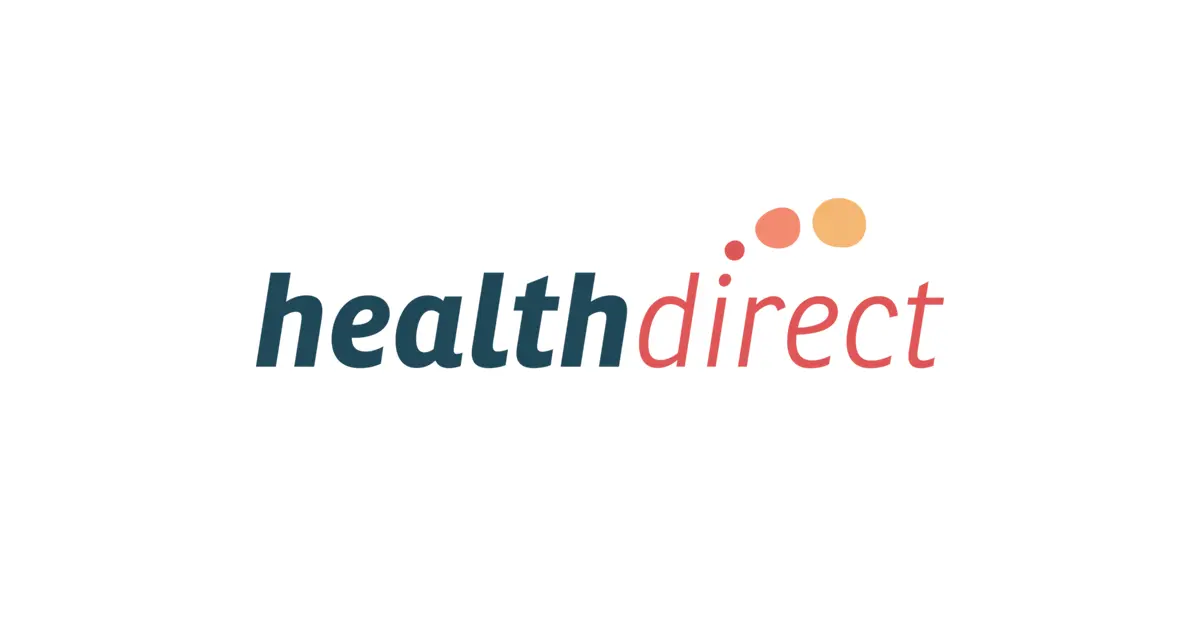During pregnancy, it's important to be mindful of the foods you consume to ensure the health and safety of both you and your baby. One common question that often arises is whether it is safe to eat smoked cheese during pregnancy. The answer depends on several factors, including the type of cheese and how it is made.
Is Smoked Cheese Pasteurised?
When considering whether smoked cheese is safe to consume during pregnancy, it is crucial to check if the cheese is made from pasteurised milk. Pasteurisation is a process that involves heating milk to kill harmful bacteria. Smoked cheese can come in various forms, so it is essential to read the label or inquire about the cheese's production methods. If the cheese is made from pasteurised milk, it is generally safe to eat during pregnancy.
Which Cheeses Should You Avoid When Pregnant?
When you're pregnant, there are certain types of cheeses you should avoid to reduce the risk of foodborne illnesses. Soft cheeses, such as brie, camembert, and chevre, should be avoided as they may contain listeria, a bacterium that can cause infections and harm your baby. Other cheeses to avoid include ricotta, feta, mozzarella, bocconcini, and blue-veined cheeses. These cheeses may also pose a risk of listeria contamination.
It's important to note that smoked cheese can fall into the category of soft cheese, so it's crucial to check if it is made from pasteurised milk before consuming it during pregnancy.
Other Foods to Avoid During Pregnancy
In addition to soft cheeses, there are several other foods that should be avoided during pregnancy to reduce the risk of harm to you and your baby. These include:
- Undercooked or raw meat, fish, and seafood
- Pre-prepared or unwashed fruits and vegetables
- Soft-serve ice cream
- Undercooked or raw eggs
- Unpasteurised milk
- Alcohol
It is also recommended to limit your intake of caffeine and certain types of fish, such as those high in mercury.
Risks Associated with Consuming Unsafe Foods During Pregnancy
Consuming foods that are not safe during pregnancy can pose various risks to both you and your baby. Some of the potential risks include:
Listeriosis
Listeriosis is a rare infection caused by the bacteria Listeria. While it may not typically cause severe illness in healthy individuals, it can be dangerous for pregnant women. Listeriosis can lead to miscarriage, stillbirth, or premature labor if the baby becomes infected. Foods that could be contaminated with listeria include leftovers, pre-prepared foods, unwashed fruits and vegetables, soft cheeses, unpasteurised milk products, soft-serve ice cream, smoked or raw seafood, smoked meats, pâté, and cold chicken.
Toxoplasmosis
Toxoplasmosis is an infection caused by the parasite Toxoplasma. If you contract toxoplasmosis for the first time during pregnancy, it can potentially harm your baby, leading to brain damage or blindness. Foods that could be contaminated with toxoplasma include undercooked meat and unwashed fruits and vegetables.
Salmonella
Salmonella is a type of bacteria that can cause food poisoning. While the risk of miscarriage due to salmonella infection is rare, it is still important to avoid foods that could be contaminated, such as raw or undercooked eggs, sesame seeds, hummus, tahini, undercooked meat and chicken, and sprouts.
Mercury
Fish is a nutritious part of a balanced diet, but some types of fish can contain high levels of mercury. Mercury can affect the developing nervous system of your baby. It is advisable to limit your intake of fish, especially larger predatory fish such as shark, marlin, swordfish, orange roughy, and catfish.
Vitamin A
Consuming excessive amounts of vitamin A during pregnancy can harm your baby. Liver and liver products, such as liver pâté or liver sausage, should be limited to no more than 50 grams per week due to their high vitamin A content.
Alcohol
Drinking alcohol during pregnancy can lead to fetal alcohol spectrum disorder, which can cause developmental issues in your baby. It is recommended to avoid alcohol completely during pregnancy.
Caffeine
High levels of caffeine can increase the risk of miscarriage, premature birth, and having a baby with low birth weight. It is best to limit your caffeine intake during pregnancy by opting for decaffeinated tea and coffee or choosing other caffeine-free alternatives.
Ensuring Food Safety During Pregnancy
To ensure the food you eat during pregnancy is safe, it is important to follow these guidelines:
- Choose freshly and thoroughly cooked foods
- Store and prepare food safely
- Check the use-by dates of products
- Avoid eating leftovers that have been stored for more than a day
- Reheat leftovers to a temperature of at least 60°C
- Wash fruits, vegetables, and herbs to remove any traces of soil
In conclusion, whether it is safe to eat smoked cheese during pregnancy depends on whether the cheese is made from pasteurised milk. It is important to avoid soft cheeses and other unsafe foods to reduce the risk of foodborne illnesses that can harm you and your baby. By following proper food safety guidelines and making informed choices, you can ensure a healthy pregnancy.
If you want to know other articles similar to Is it safe to eat smoked cheese during pregnancy? you can visit the Food safety category.


Related Articles